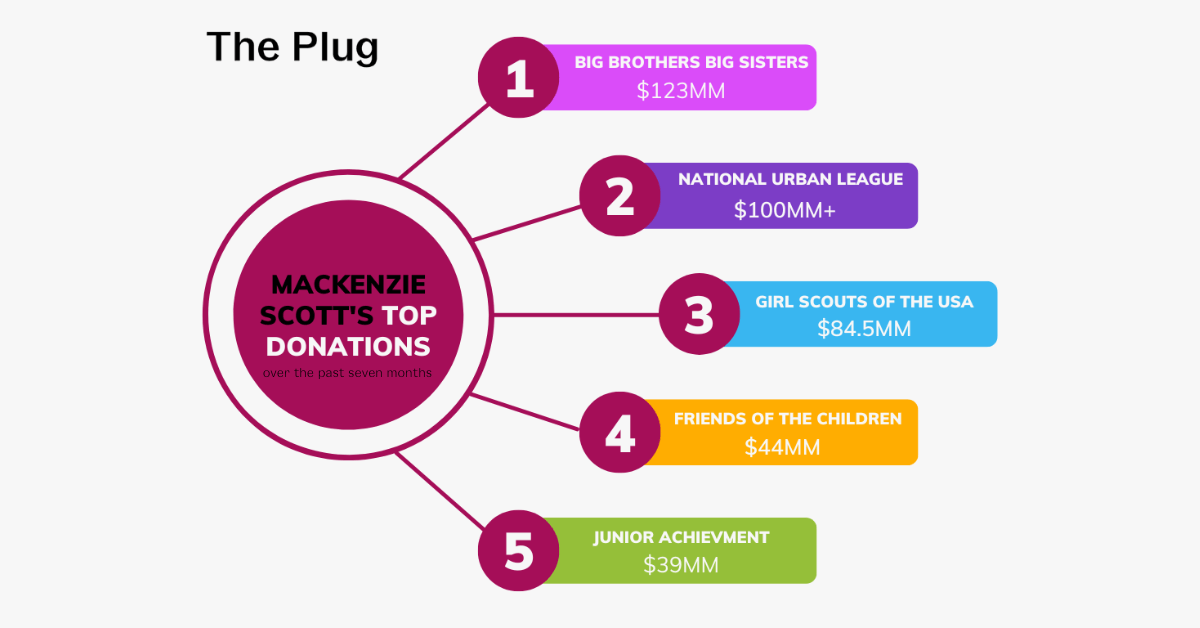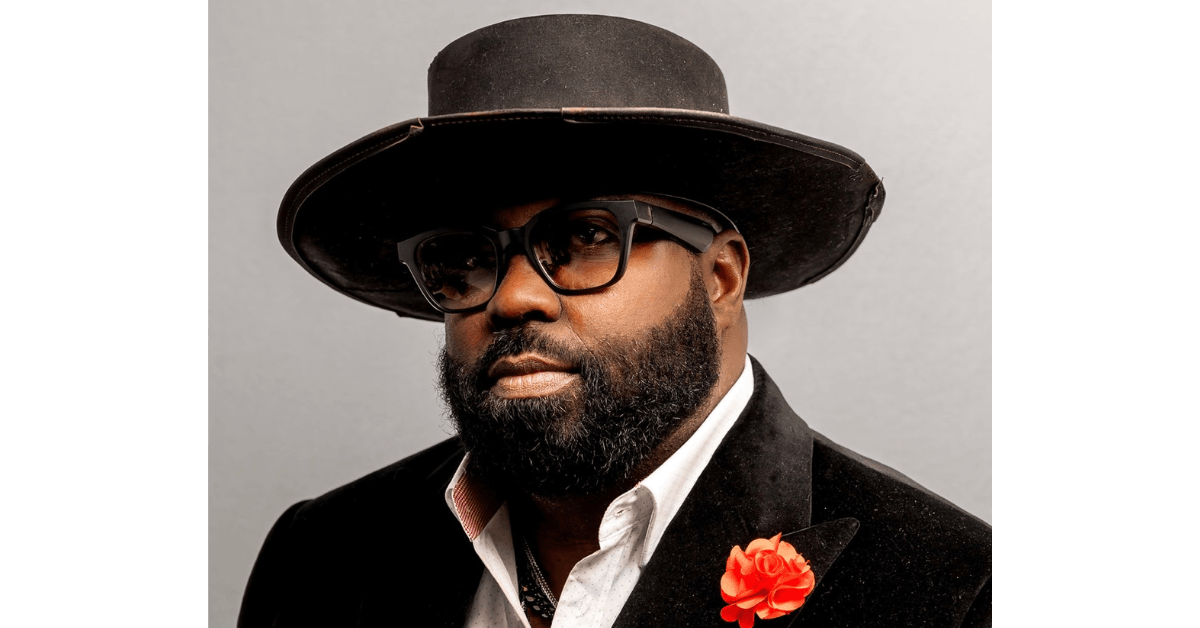Black emerging fund managers are a class all their own, but Black founders are also increasingly acting as angel investors themselves. Across sectors, founders are leading the charge to write first checks to burgeoning startups.
The Plug spoke with three founders who are also active angel investors in varying capacities and who have each deployed investment strategies that may catch on among other founders. Sevetri Wilson, CEO of Resilia, a SaaS company that helps companies and nonprofits streamline their charitable giving and grants; Harold Hughes, CEO of Bandwagon, a live event tickets platform company; and ‘Su’ Sanni, CEO of Dollaride, a tech-enabled commuter van company.
Sanni first began making angel investments in 2018 around the time he founded his latest venture, Dollaride. With a successful exit under his belt, having sold online fundraising platform WeDidIt in 2019, and a track record riddled with finance and investment experience, Sanni has taken a measured approach to his personal angel investments.
“Part of my strategy is to get a lot of volume and be able to invest in lots of companies but at amounts that I won’t feel a ton of pain if the investment doesn’t pan out. My thesis is that as an investor I need to get better at the process, so I wanted to increase repetitions while reducing my stress level,” Sanni told The Plug.
“Investing up to $5,000 at a time isn’t going to make or break me but it does give me enough at-bat as I build up that investor muscle so when I want to invest $25,000 or $50,000 I would have honed in on a better way of evaluating opportunities,” he said.
Sanni, who is also a venture partner for crowdfunding platform Republic, has invested in about a dozen companies in amounts that range from $1,000 to $5,000 and has raised $400,000 in venture and crowdfunding for Dollaride. Sanni’s earliest investments included founders and solutions that were close to home. As a Nigerian-American with frequent ties to home he feels he’s privy to investment opportunities there. Another early investment was in Dawn Myers, a friend who engineered THE MOST haircare tool.
As a Black founder making investments, Sanni feels his risk appetite is different from a traditional investor.
“I don’t have a unique advantage as an entrepreneur investing in other entrepreneurs, that alone isn’t going to give me a leg up in finding the best opportunities. But as an entrepreneur, I’m probably more likely to ignore some of the stuff that investor might get tripped up on or spend more time on,” Sanni said.
Early-stage companies often lack data to prove that the company is on the right track, according to Sanni, who is instead more focused on finding the right founder. Deploying this strategy, he is able to move quickly and ideally provide advice to founders as a fellow entrepreneur once a deal is made.
“There is a class of entrepreneurs that are undervalued. I knew that if I could be there at the right time, I could help entrepreneurs but get into a venture before it was too crowded and expensive. I could be rewarded handsomely if I’m able to deploy capital to those underrepresented founders,” Sanni said.
“It’s also about delivering reciprocity to the ecosystem that supported me, some of my earliest investors in my last startup were Black entrepreneurs and investors and I wanted to pay it forward and to be a resource to those of us that are coming up through the same pipelines.”
The return on investment and the potential reward is also an integral guiding force behind Harold Hughes investment strategy.
“I’m interested in investing in women, people of color and Black founders, as a sector. Investing isn’t some type of charitable act, I’m trying to make money and being able to go to those founders creates the best market opportunity for me given how historically underfunded they’ve been,” Hughes said.
Bandwagon has gained $3.25 million in venture backing.
On average Hughes’ angel investments range from $15,000 to $25,000 and he estimates he has invested $300,000 to date in 15 CPG, enterprise and infrastructure technology, cannabis and future of work companies.
Where Hughes differs from Sanni is in how he views his role as a founder impacts deal sourcing.
“[Investing] is still a ‘who you know’ kind of game. Founder’s amount of social capital in the community is so strong, there’s a deal that hadn’t been announced that I was able to get into simply because they knew me,” Hughes said. “Another deal they said, ‘we normally would have a minimum of this amount, but we’ll let you in for less because you’re a founder and I want you to be a part of the success”.
Hughes’ first angel investment was also in a friend, Denise Woodard, CEO and founder of vegan cookies brand Partake Foods. Through the deal, he was able to join much larger investment firms like Jay-Z’s Marcy Ventures in being a backer.
For Sevetri Wilson, being a part of something larger through syndicate fund investments and commercial real estate are central parts of how she invests.
Wilson’s angel investments range from $10,000 to $100,000. As part of her syndicate or fund of funds deals she has invested in Collab Capital and a mutual fund from the Kaiser Permanente health group, KP Fund I. Her company Resilia has nearly $11 million in venture backing.
Through the years Wilson has invested in 40 individual companies and funds that amount to over $1 million in value. Across these investments, Wilson has championed going for what she knows best.
“I enjoy deals that have great founders and fund managers, and a market I understand whether it be SaaS or a product I would buy and use (or eat) repeatedly. I also invest where I know I can make an impact with my network,” Wilson said.
Ninety-five percent of Wilson’s portfolio includes Black-led companies and funds she started investing in as a way to support founders who looked like her.
“I have empathy for founders because I was in their shoes needing someone to take a bet on me and send that wire without having to jump through a thousand hoops to get it,” she said. “I also understand what to look for in a startup that has potential and I know if I can bring my own connections and network to support a founder.”
Despite the amount and the range of investments over the years, Wilson doesn’t consider herself much of an angel investor.
“I’m a founder first and I wouldn’t even say an angel investor second. This is why you will not find it on any of my profiles or even in my bio. I enjoy investing not only to support founders but also for the long-term reward, but I want to continue to enjoy it.”
Her advice for founders who are looking to make angel investments is to invest in people and solutions they’re passionate about, and to keep in mind even small amounts make a big difference.
“It doesn’t have to be large checks as I see investors backing startups with $1,000 checks,” Wilson said. “Either way, you have to start somewhere and don’t be afraid to lose your investment because that’s the nature of the game. You definitely have to be in it for the long run.”








